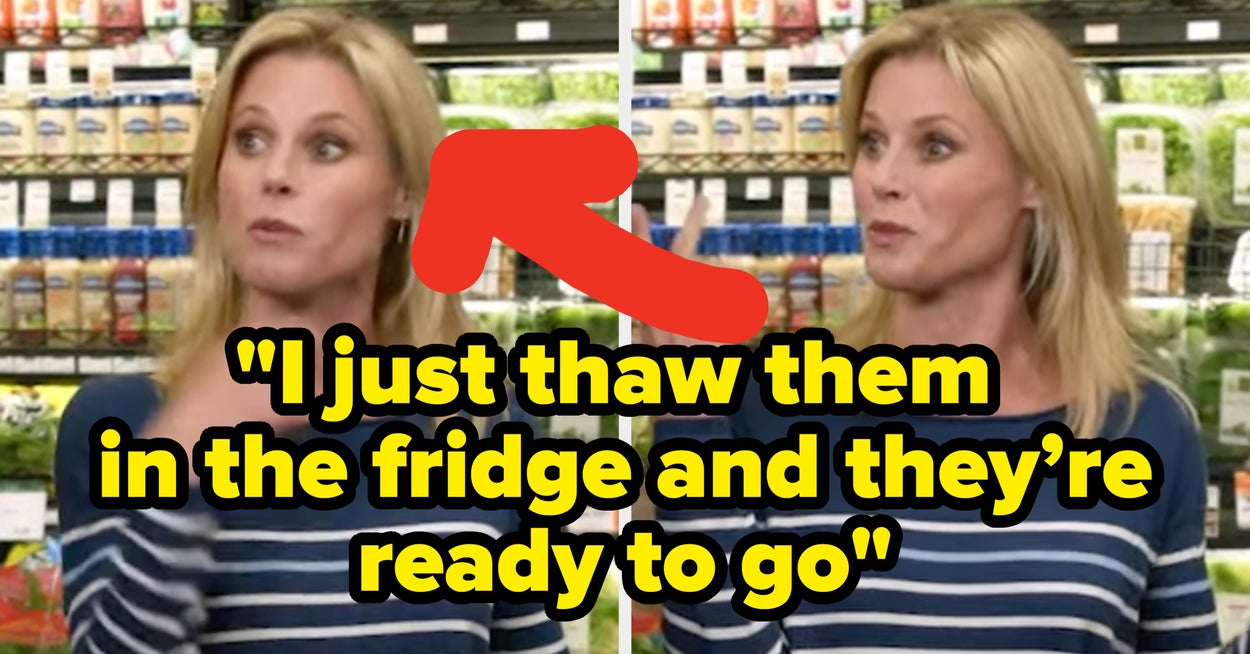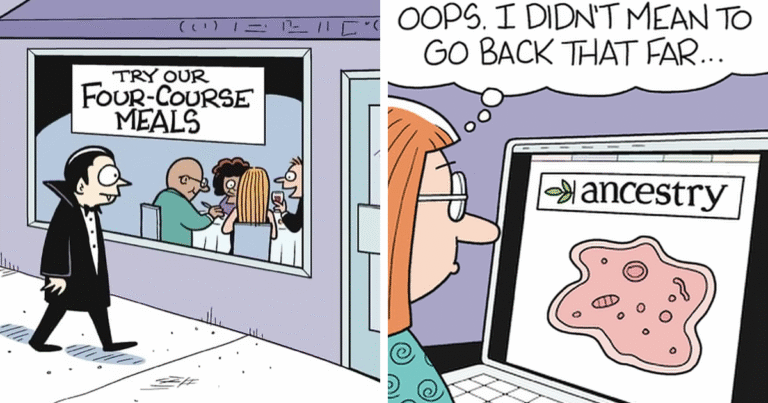"One Ingredient, Four Meals": Experts Are Revealing How They Actually Save Money On Groceries
“Let’s be honest: Saying it’s always cheaper to eat out is like saying it’s cheaper to rent a tux every day instead of doing your laundry,” said Rocco Carulli, owner and executive chef atR Housein Miami. “In reality it depends on what you order, how you shop and whether you’re actually using your fridge for food and not just beverages and expired condiments. Groceries can save you money — but only if you use what you buy and know how to turn raw ingredients into real meals. Restaurants can be efficient if you’re choosing well, stretching your portions or just accepting that you’re paying for peace of mind and a clean kitchen.”
The current trend points to more people buying groceries than eating out. According to a Revenue Management Solutions survey“40% of U.S. diners said they’re spending less of their disposable income on restaurants. Instead, many are turning to grocery stores: 1 in 4 consumers reported shopping there more often, with nearly 40% citing better value for money.”
“People who believe it is cheaper to eat at restaurants than at home often live in food deserts,” said Matthew Baron, CEO of Wholesale Nuts and Dried Fruit. “In these areas, it could be cheaper to eat out than to shop for the ingredients that you want. Even Malibu, California, could be considered a food desert after the fires took out half of the houses and businesses. All the citizens left to live there have to drive to the next neighborhood of Santa Monica to find a supermarket to shop at.”
Driving involves wear and tear on your car and money spent on gas. Public transportation and ride shares can be expensive, and grocery delivery isn’t always affordable. “If health is the goal, eat at home,” he said. “If you live in a food desert, then go out to restaurants.”






